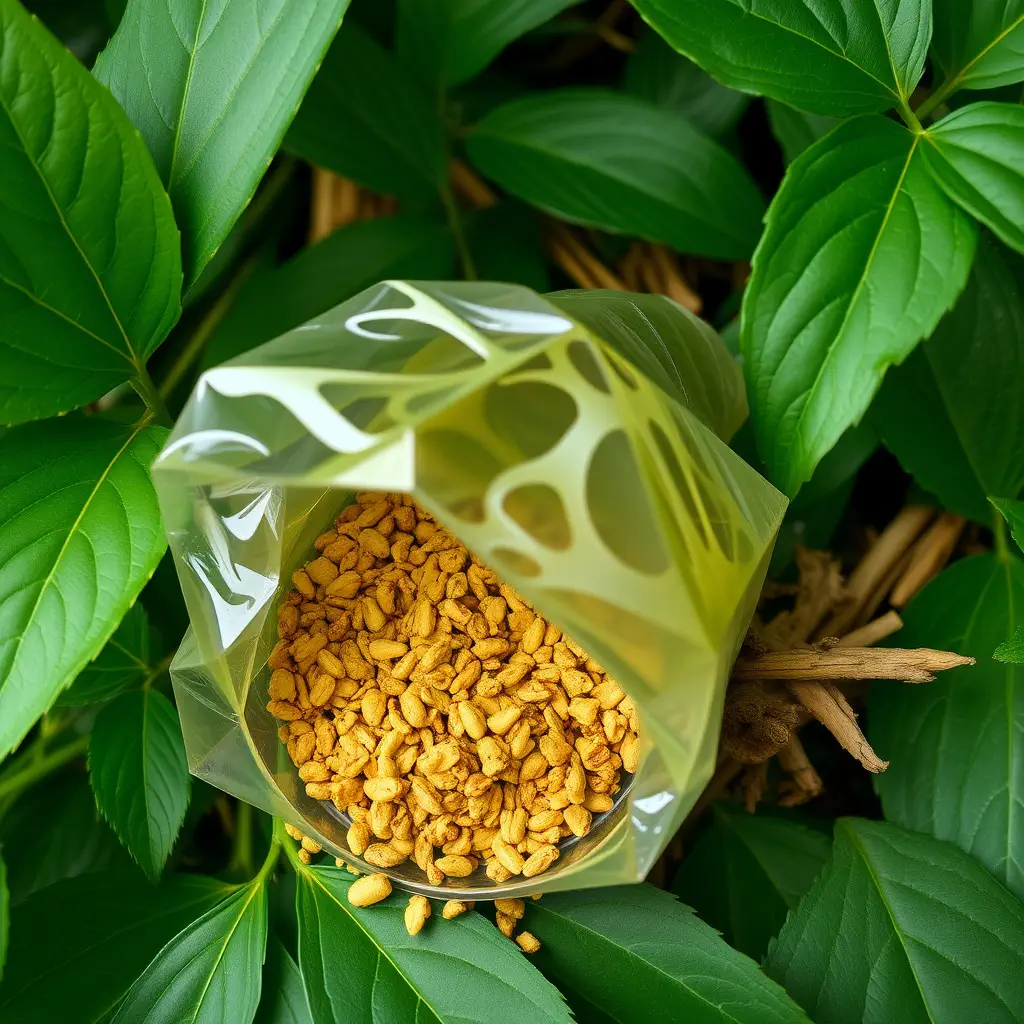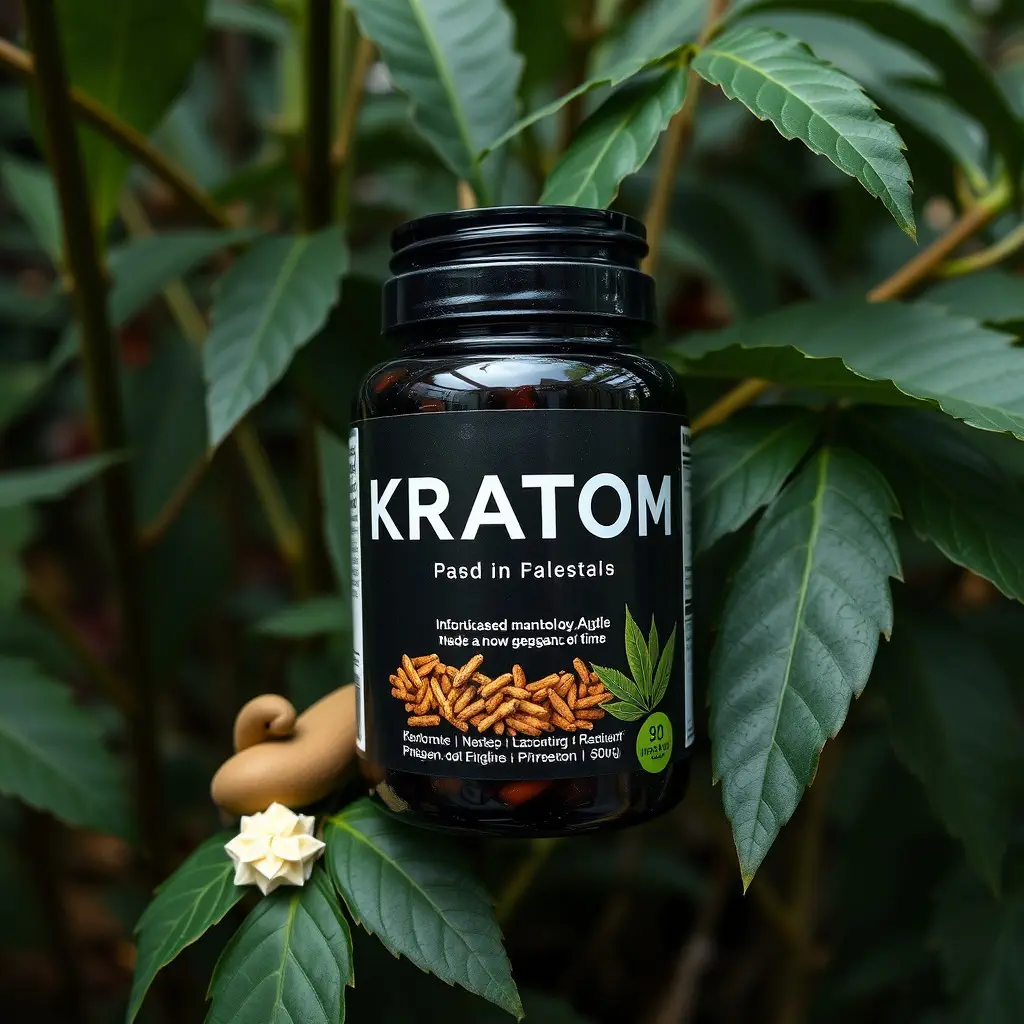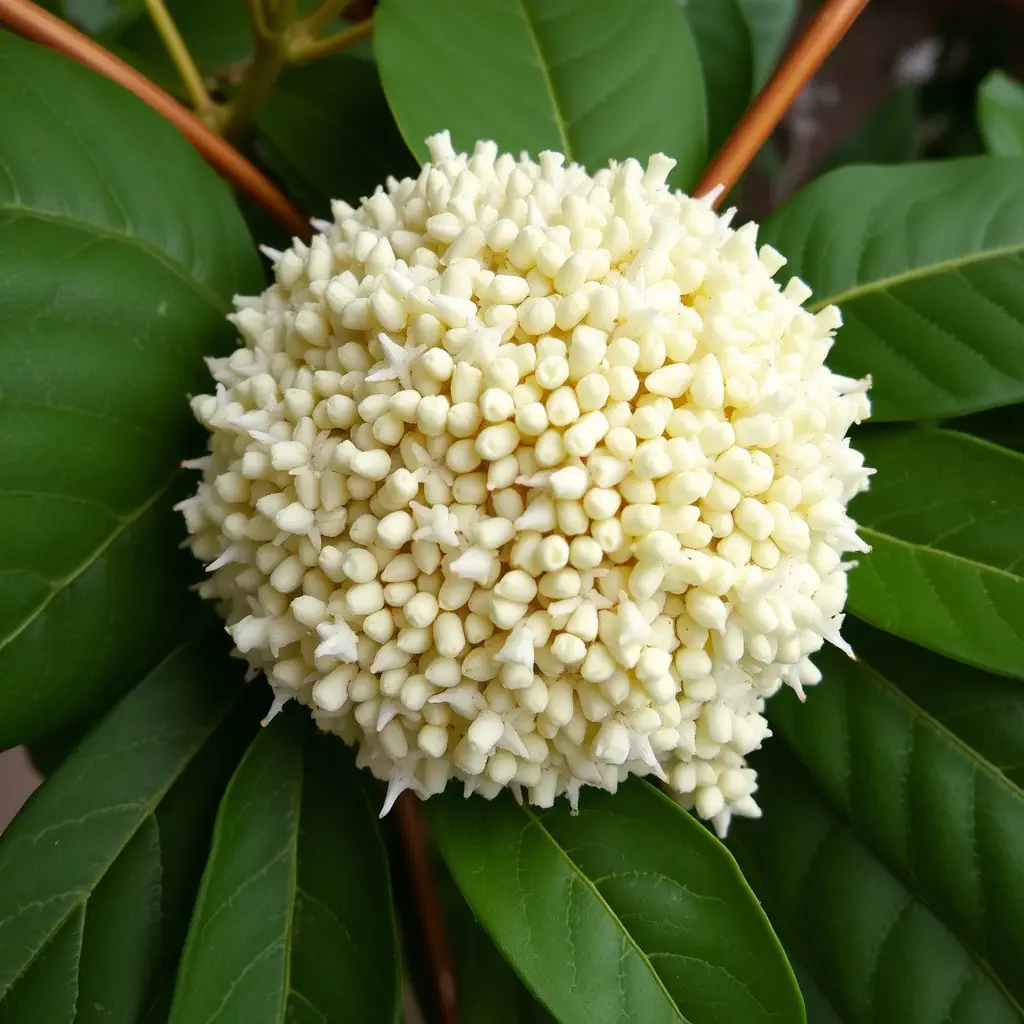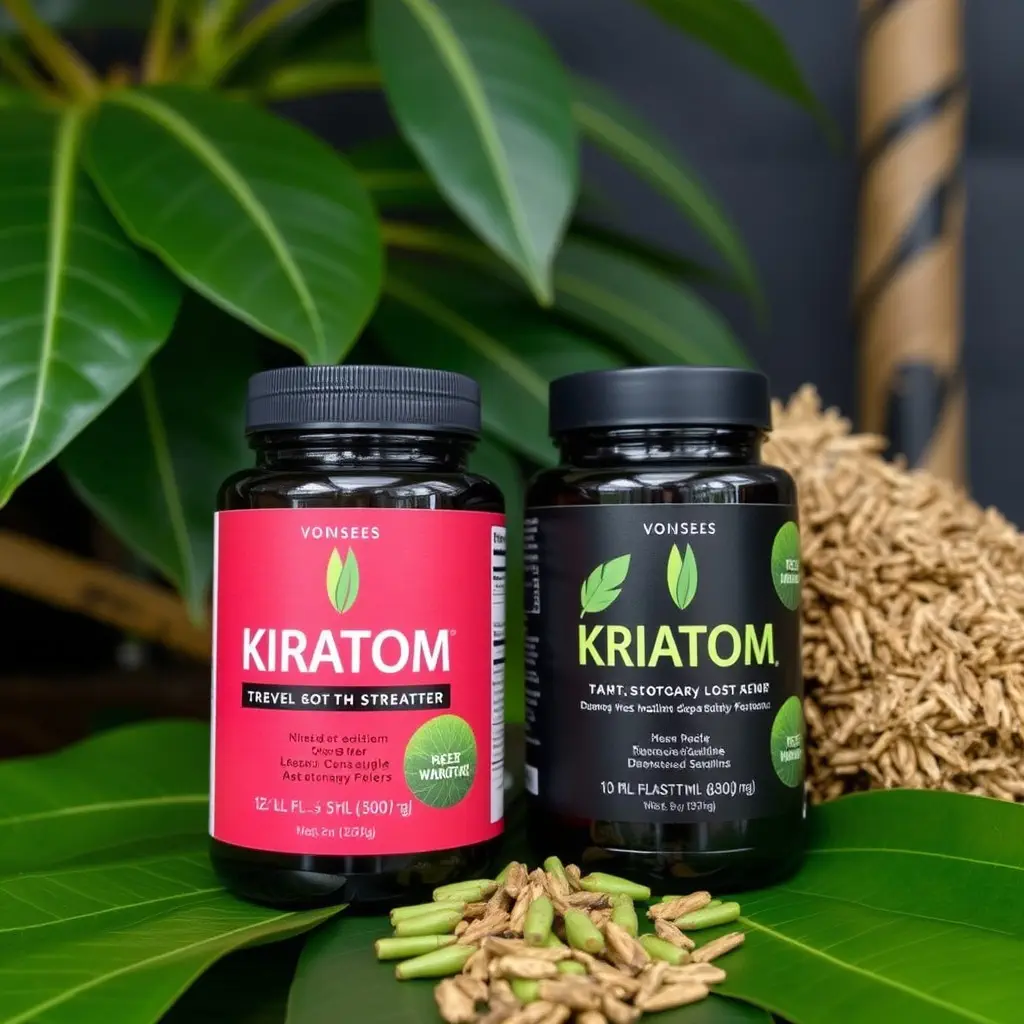Kratom, a plant from Southeast Asia, has been traditionally used for its potential benefits in enhancing endurance and managing pain. The primary alkaloids, mitragynine and 7-hydroxymitragynine, interact with neurotransmitters like dopamine and serotonin, which could lead to increased energy, improved mood, and reduced perception of pain, all of which may support athletic performance. Kratom is believed to stimulate the central nervous system, potentially boosting stamina and vigor for athletes. Users often report mental surpassing and overcoming limits through its use. However, individual responses can vary significantly, and the legal status of kratom is subject to regional regulations. Moreover, while some studies suggest it could enhance athletic performance support, more research is needed to fully understand its effects. Athletes interested in incorporating kratom into their training should proceed with caution, ensuring proper dosing and adherence to local laws, and should consider it as part of a comprehensive training, nutrition, and recovery plan for optimal results. For safe and effective use as a natural energy booster, it's crucial to consult with healthcare providers and follow guidelines on timing and usage. Athletic performance support with kratom must be approached with due diligence to reap its potential benefits while mitigating risks.
Discover the invigorating potential of natural energy boosters through the lens of kratom, a botanical extract gaining prominence among athletes seeking to elevate their athletic performance. This article delves into the transformative impact of kratom on energy levels and endurance, offering insights into how it can be safely integrated into a fitness regimen for enhanced results. Unlock the secrets of kratom-infused athletic prowess and learn how this plant ally can support your performance goals without the pitfalls of artificial stimulants. Join us as we explore the multifaceted role of kratom in the realm of sports and fitness, ensuring you’re well-equipped to harness its benefits responsibly.
- Unlocking Athletic Potential: The Role of Kratom in Enhancing Performance
- Kratom's Impact on Energy Levels and Endurance for Athletes
- Integrating Kratom Safely into Your Fitness Routine for Optimal Results
Unlocking Athletic Potential: The Role of Kratom in Enhancing Performance

Kratom, a plant native to Southeast Asia, has garnered attention in various health and wellness circles for its potential impact on athletic performance support. Traditionally used by workers in those regions to increase endurance and cope with physical exertion, kratom contains alkaloids like mitragynine and 7-hydroxymitragynine, which may influence the body’s neurotransmitters, such as dopamine and serotonin. These effects can contribute to heightened energy levels, improved mood, and reduced perception of pain—benefits that can translate into enhanced athletic performance.
For athletes seeking natural methods to boost their endurance and focus, kratom may offer a compelling option. Its alkaloids are believed to stimulate the central nervous system, potentially leading to increased stamina and vigor during training or competitions. Additionally, some users report that kratom helps them to mentally push beyond their limits, which is crucial for peak athletic performance. However, it’s important for athletes to approach the use of kratom with caution, as its effects can vary significantly among individuals, and its legal status varies by region. Proper dosing and adherence to local laws are essential considerations when considering kratom as part of an athletic performance regimen. Users should also be aware that more research is needed to fully understand the implications of using kratom for performance enhancement, and it should be used in conjunction with a well-rounded training program and proper nutrition.
Kratom's Impact on Energy Levels and Endurance for Athletes

Kratom, a tropical evergreen tree native to Southeast Asia, has garnered attention within athletic communities for its potential impact on energy levels and endurance. The alkaloids found in kratom leaves, primarily mitragynine and 7-hydroxymitragynine, are believed to interact with the body’s opioid receptors, potentially enhancing an athlete’s performance by reducing fatigue and pain perception. This can be particularly beneficial during rigorous training sessions or competitive events where maintaining high energy is crucial for success. Athletes looking to incorporate kratom into their regimen often report increased stamina and a heightened ability to push through intense physical exertion without the same level of fatigue that would typically set in.
Furthermore, the use of kratom as an adjunct to regular training routines may offer support for athletic performance by promoting a more positive mood and mental focus, which are key components of high-level athletic performance. However, it’s essential for athletes to approach the use of kratom with caution due to its potential for dependency and side effects. Regulatory bodies and health professionals typically advise careful consideration before adopting kratom as a part of an athletic performance support strategy, considering the legal status and purity concerns associated with kratom products on the market. Proper dosing and consultation with a healthcare provider are recommended to ensure safety and efficacy for those seeking natural energy boosters to enhance their athletic endeavors.
Integrating Kratom Safely into Your Fitness Routine for Optimal Results

Integrating kratom into your fitness routine can be a strategic approach to enhance athletic performance when done responsibly and with proper guidance. Kratom, derived from the leaves of the Mitragyna speciosa tree, is known for its potential effects on energy levels and mood, which can be beneficial for athletes looking to optimize their training sessions. To safely incorporate kratom into your fitness regimen, it’s crucial to start with a low dosage to gauge individual sensitivity. The most commonly used kratom strains for athletic performance support are those that provide stimulating effects, such as the Maeng Da and White Vein strains, which can help in increasing endurance and reducing fatigue.
It’s imperative to consult with a healthcare provider before integrating kratom into your fitness routine, as it can interact with other substances and may not be suitable for everyone due to varying individual physiologies and potential contraindications. Additionally, timing is key; consuming kratom 30 to 60 minutes prior to exercising can help in attaining the desired energetic state without overwhelming the system. Regular monitoring of your body’s response to kratom will aid in fine-tuning its use to support your fitness goals. By focusing on a balanced diet, consistent hydration, and proper rest alongside the responsible use of kratom, athletes can potentially experience enhanced performance and improved recovery times, ultimately leading to better overall results.
Kratom has garnered attention within the athletic community as a natural energy booster that may enhance performance and endurance, offering a viable alternative for those seeking to support their athletic endeavors. This article has delved into the nuances of how kratom can be integrated into a fitness routine safely, with a focus on its impact on energy levels and endurance. Athletes looking to harness the potential benefits of kratom should approach its use with caution and adherence to best practices for safety and efficacy. By understanding the role of kratom in unlocking athletic potential and integrating it responsibly, athletes may find a new edge in their training and competition. As with any supplement, it is advisable to consult with healthcare professionals before incorporating kratom into your regimen to ensure alignment with your individual health needs and fitness goals.






